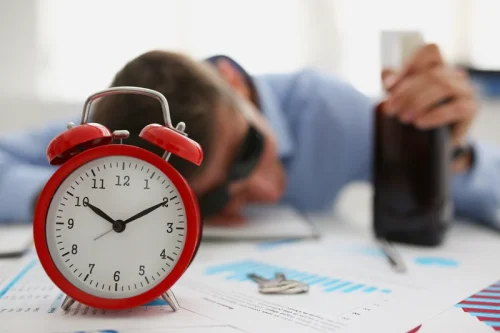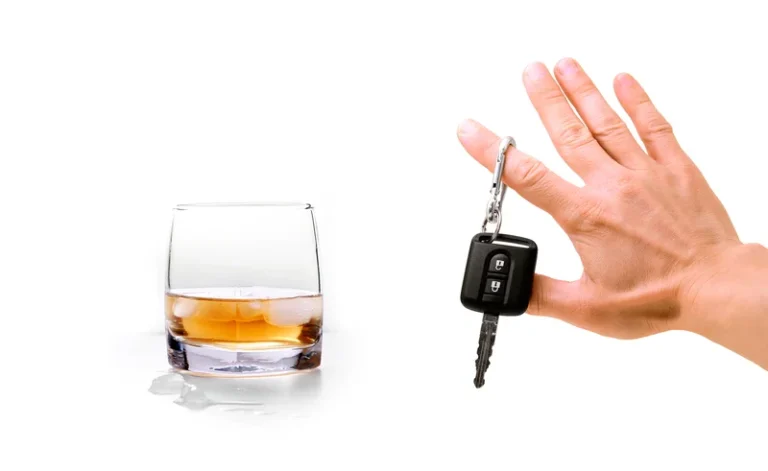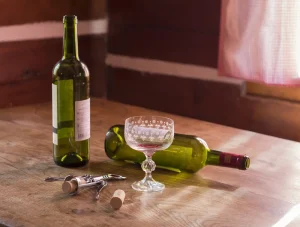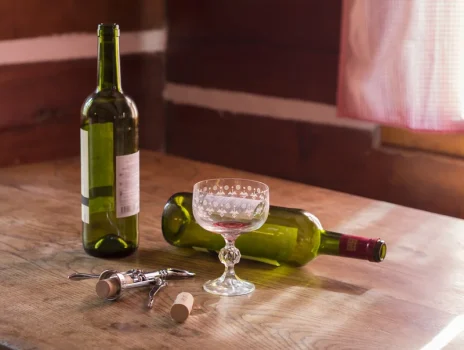
Sometimes, negative or unhelpful thoughts can lead to harmful behaviors so becoming more aware and able to manage thought patterns can improve feelings and problematic behaviors long-term. Certain medications have been shown to be effective in reducing alcohol cravings and helping to maintain sobriety. These medications work by altering the brain’s response to alcohol or producing unpleasant effects when alcohol is consumed, deterring further drinking. Abstaining from alcohol can be a difficult decision as it requires significant lifestyle changes. This process can be made even more difficult bysymptoms of withdrawaland alcohol cravings.

Herbal Remedies and Natural Strategies for Alcohol Craving Relief
Long-term strategies for managing alcohol cravings include addressing the underlying causes for your alcohol cravings, understanding your triggers and creating sustainable habits. Many people struggling with alcohol use disorder report intense cravings as a main reason for relapse. These can stand between a person who’s genuinely determined to overcome alcohol addiction and their goal of lasting sobriety. Drug rehab programs provide a structured environment and various therapies to help individuals overcome substance abuse and achieve long-term recovery. Choosing the right rehab center, with personalized care and qualified staff, is crucial for a successful treatment journey.

More on Substance Abuse and Addiction
The good thing to remember is that cravings rarely last and the longer you stay sober, the less often they arise, and the easier you will find them to deal with. An alcohol craving is an intense urge or desire to consume alcohol. There are various reasons a person may experience cravings, such as changes in brain chemistry, habit formation, and triggers.
Feel like you should be drinking less? Start here
Ideally, these diversions also contribute to long-term or short-term goals, providing a sense of progress and accomplishment that can further diminish the power of cravings. Self-management has its limits, especially when dealing with alcohol dependence, which can involve serious health risks, including severe Sobriety withdrawal. Recognizing personal triggers is a vital part of developing strategies to manage cravings effectively. Alcohol cravings can last from a few days up to months after recovery. These cravings depend on the severity of the dependence, triggers, coping mechanisms, and individual differences. Discover how Medicare supports inpatient rehab, covering up to 90 days based on medical needs, progress, and post-rehab care options to ensure recovery success.
Acamprosate (Campral) eases withdrawal symptoms — such as insomnia, anxiety, restlessness, and feeling blue — that can last for months after you stop drinking. Many people don’t know it, but there are medications that treat alcohol use disorder, the term for the condition that you may know of as alcoholism and alcohol abuse. Yoga and Ayurveda to support recovery from drug and alcohol addiction.

Factors to Consider When Choosing Supplements
- These treatment options should be pursued under the guidance of a qualified healthcare professional or addiction specialist.
- Vivitrol is a bit more expensive, but does not require a daily decision.
- We’ve also partnered with Moderation Management, a non-profit dedicated to reducing the harm caused by the misuse of alcohol.
- Support groups offer a safe and understanding environment where individuals facing similar challenges can share experiences, provide support, and learn from one another.
Practitioners of MBRP believe that the ability to sit with discomfort, observe it without judgment, and let it pass can significantly reduce the power of a craving. This philosophy can include techniques such as urge surfing, where one imagines the craving as a wave, peaking in intensity and then naturally subsiding. Lean proteins can keep you feeling full and satisfied, reducing the chance of misinterpreting hunger as an alcohol craving. Nuts and seeds, packed with healthy fats and proteins, make excellent snacks that can help manage cravings. Options like naltrexone, acamprosate, and others can help reduce cravings or make alcohol less rewarding. Always consult with a healthcare professional before starting any medication.
With the right strategies and support, you can learn to manage and reduce these cravings. Our state-specific resource guides offer a comprehensive overview of drug and alcohol addiction treatment options available in your area. If your cravings are frequent, intense or hard to control, you should seek professional help. You’ll receive guidance, strategies and a treatment plan to help you manage cravings effectively. Understanding triggers – recognising and avoiding triggers, especially in early recovery, can reduce the risk of giving in to drinking. Make a note of what comes up before or when you’re experiencing a craving as this will help you to understand your triggers.
Options for Natural Support for Alcohol Withdrawal
In recovery, prioritising mental and emotional wellbeing is crucial to staying sober and the 12 Steps play a big role in this. Non-medication treatments of alcohol and drug abuseThe limited effectiveness of available mainstream treatments of alcohol and drug abuse invites ways to curb alcohol cravings serious consideration of non-medication approaches. A significant percentage of chronic alcoholics and drug addicts are malnourished and are deficient in thiamin, folate, B-6 and important minerals.
